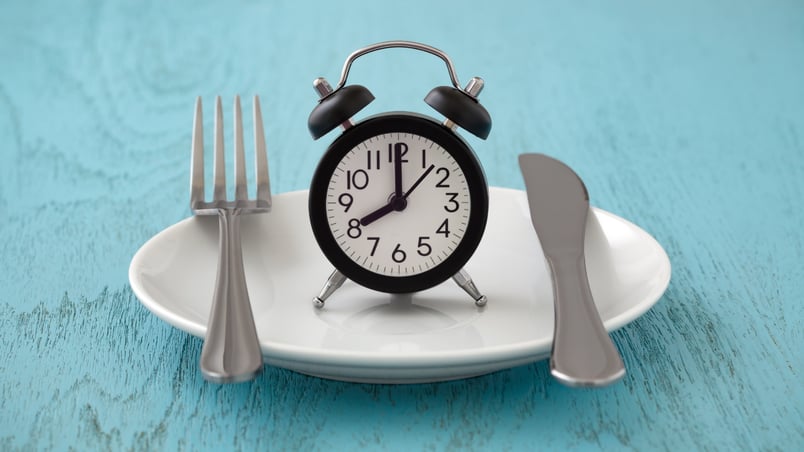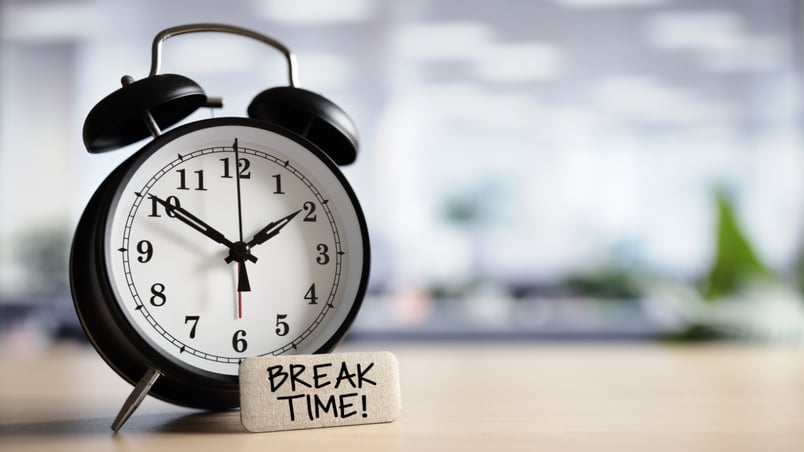HR Insights for the Future of Work
Be inspired by trends, stories, and smart solutions to cut admin and boost employee engagement.
employee scheduling (26)
HRM (23)
Absence Management (19)
Time-tracking (18)
Payroll (13)
Regulations (12)
Management (11)
Policies (5)
Product Comparison (4)

Time-tracking
Strategies for Accurately Tracking Employee Hours in 2026
Rinaily Bonifacio
19 December 2025

Product Comparison
Shiftbase vs RotaCloud: Smart Scheduling for UK SMEs Compared
Rinaily Bonifacio
26 November 2025

Regulations
Employment Rights Bill & the End of Exploitative Zero-Hours in Hospitality: Rota Changes SMEs Must Plan Now
Rinaily Bonifacio
26 November 2025

Payroll
How to Cut Labour Costs by 5–10% in UK Restaurants (Without Cutting Staff)
Rinaily Bonifacio
24 November 2025

Product Comparison
Shiftbase vs Papershift: Which Rota Tool is The Best Fit For Your Business?
Rinaily Bonifacio
13 November 2025

Product Comparison
Best Workforce Management Tools for Hourly Employees in 2026
Rinaily Bonifacio
10 December 2025

Product Comparison
Shiftbase vs Dyflexis: Which WFM Tool Fits Hospitality & Retail SMEs Best?
Rinaily Bonifacio
7 November 2025

Regulations
Paid Breaks vs Meal Periods vs Off-the-clock: What’s Legal?
Rinaily Bonifacio
3 November 2025

Payroll
Restaurant overtime FAQ 2026: Who's exempt and who's not and what to do now
Rinaily Bonifacio
10 December 2025

employee scheduling
What’s The ROI of Rota Software? Savings, Benchmarks & Calculator
Rinaily Bonifacio
26 November 2025

Regulations
FAQ: What Actually Counts as ‘Working Time’ For Paid Breaks and Split Shifts?
Rinaily Bonifacio
29 October 2025

Payroll
How to Implement Rolled-Up Holiday Pay For Irregular Hours Staff
Rinaily Bonifacio
29 October 2025